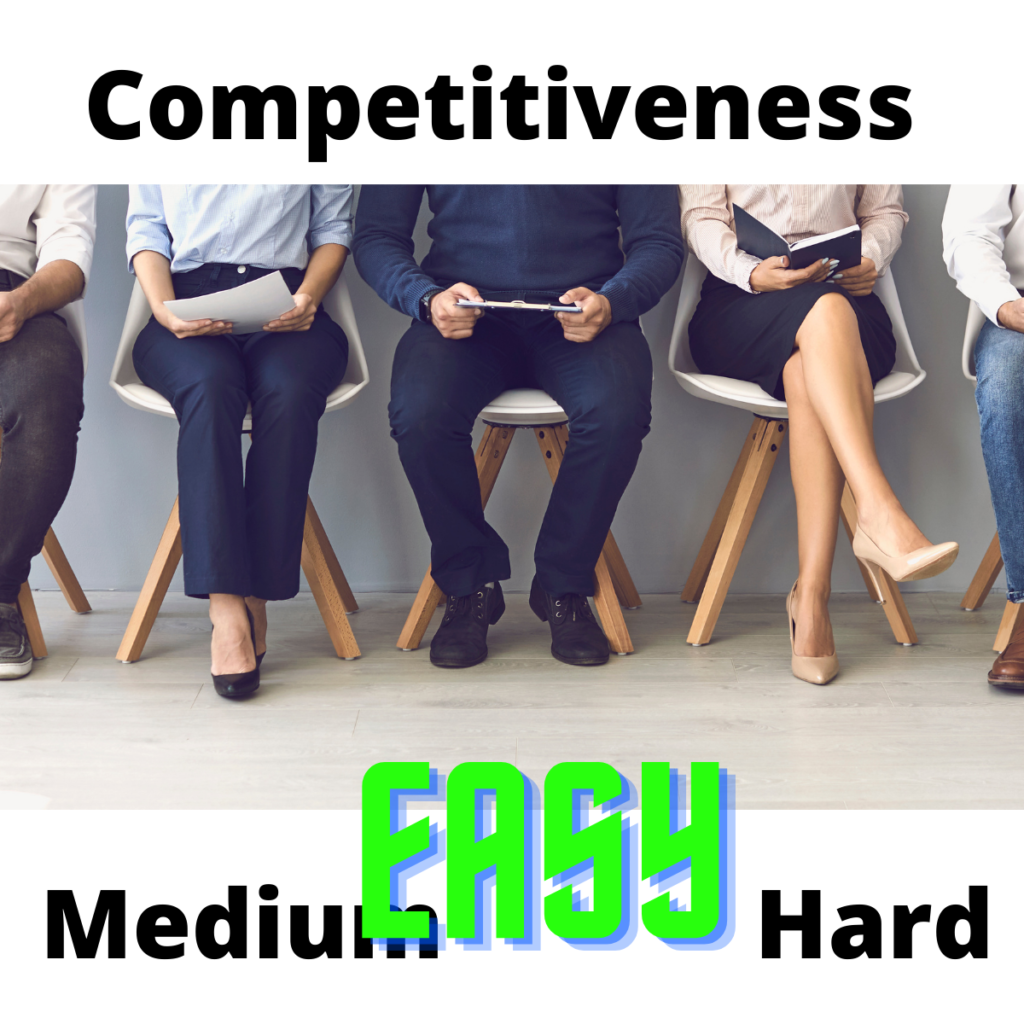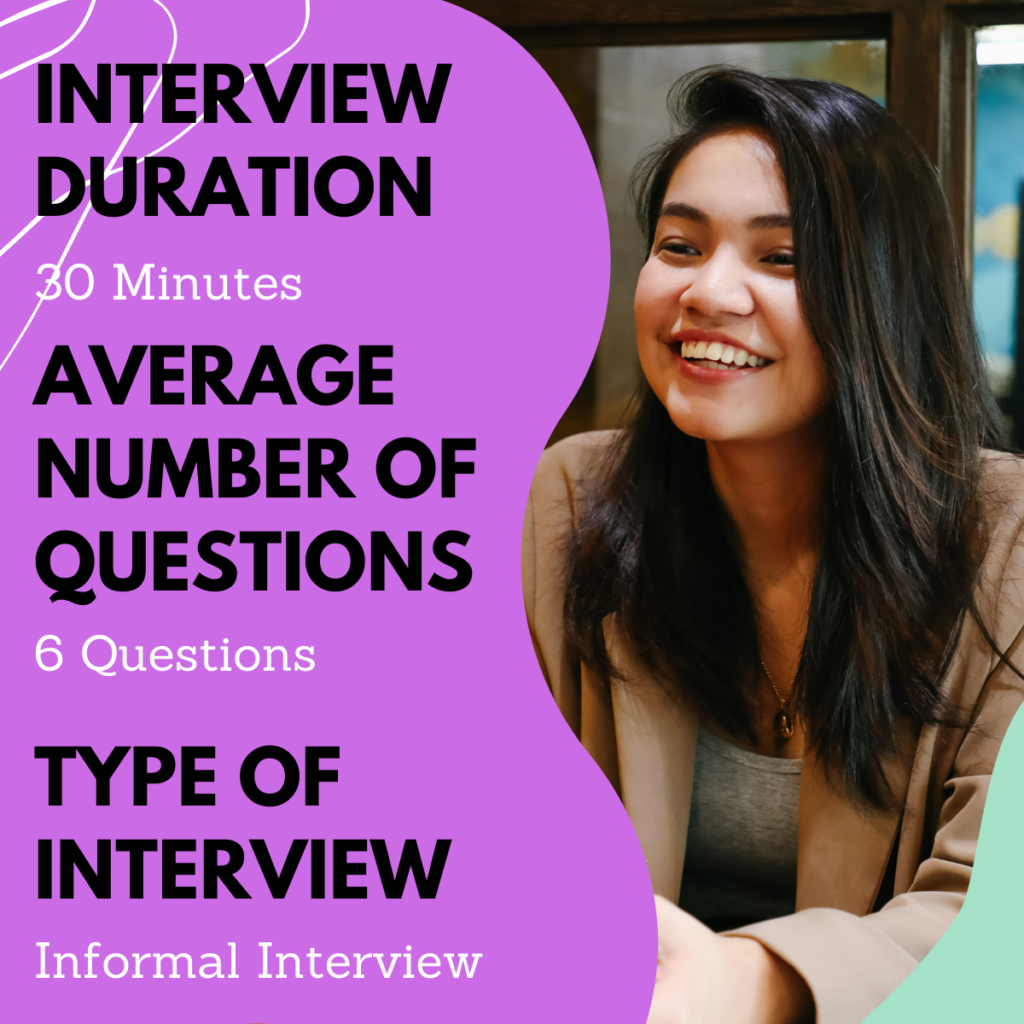In years gone by having a degree open the doors to a new career.
In more recent times the number of people attending university has risen meaning having a degree alone isn’t enough to secure an entry level position.
One study precited that ‘the number of young people aged 24 to 34 completing a tertiary degree across OECD and G20 countries is expected to increase to 300 million by 2030, up from 137 million in 2013‘
This is because the data shows that having a degree will:
- Increase your chances of employment
- Help gain a high-skilled job role
- Increase earnings compared to non-degree employees
An entry level job role is a the starting position on the career ladder. Employers, in the main, will create an entry level position with additional support, training and mentoring to introduce the new employee to the word of work even though they lack industry experience.
With an increase in degree level applicants an increase in competition has become common, with job offers going to the candidates who perform best in the job interview.
This article will explain what a graduate can do to pass an entry-level job interview.
How competitive is an Entry Level job interview?

Interview Specifics:

Can you demonstrate the relevant knowledge and experience to pass a Entry Level job interview?
- Relevant qualifications
- Any sector related experience including placements, internships, and work experience
- Personal skills and work ethic, related to the job role
- Knowledge of industry related model and theories
- Being a life long leaner
- Commitment to organization as they invest time and money into the graduate
- Skills gained from being a graduate
- Any unique selling points
Check the average pay for an entry level job role.
Job offers are given to the graduate who is viewed by the employer as being the best fit. This means the way a candidate is perceived by the interview panel, the applicants interview identity, which is based on their perceived level of knowledge/experience vs their level of confidence, is an important aspect of the hiring mangers decision making process.
In fact, the applicants interview identity for an entry level position is important for a second reason. On average, all the interviewees will have a similar level of qualification (the sector related degree) and therefore a similar level of knowledge.
Each candidate, in the main, wont have in-depth experience of recruitment processes, so will be nervous during a job interview. And most will have equal work experience and/or placements.
In short, an entry level job interview is a level playing field. That means the interview performance can be the difference between or job offer or job rejection.
Job Interview Questions and Answers for an Entry Level Job Role.
Most employers adopt an informal job interview process for an entry-level job role. This is because, in many cases, the candidates wont have enough experience to answer behavioral job interview questions.
An informal job interview is a 30-45 minute job interview where the employers ask several planned job interview question that create a conversation, before asking follow up question depending on where the conversation is leading.
Whereas, a structured job interview – the most common type of job interview will ask the same questions to all applicants, with no ad-hoc follow up questions.
Entry Level Job Interview Question 1 – why did you apply for this position?
Before planning the answers to interview questions, it is wise to first think about the interview environment.
Has the employer requested a virtual or a face to face interview? Tips for a virtual interview can be found here: Online Job Interview Advice
The most commonly asked entry-level job interview question is the ‘why this position?’ question, sometime framed as ‘Tell me about yourself and whey you applied for this role?’
Unstructured job interview questions are often ‘open’ allowing the interviewee to discuss anything they think may be relevant.
Two mistakes graduates make is either 1) not giving enough information and detail, or 2) discussing experiences and skills irrelevant for the advertised position.
To answer the initial opening question discuss three key elements:
- Your character
- Your journey
- Your reason for applying
“I have always had a passion for (industry) this is due to (give reason). What I particular interested in is (give a specific element of the job sector that you care about). My experience (in university studying an X degree/working in job sector) has given me an in-depth knowledge on (job sector criteria) as an example (state 1 or 2 job sector relevant data/knowledge)
I recently completed my (qualification) at (university name) where I (give selling point: achieved a 2:1 or had a work placement at (famous company). In addition to studying I also (describe relevant work experience gained)
People describe me as a (name three qualities). This is because (give reason for the character reference). The reason I applied for this position is because of the company reputation. I am looking to work for an organization that (add facts about the company) which is why I want to work here. I was also impressed with the company vision (state company vision) which is something I also deem important”
Entry Level Job Interview Question 2 – how do you develop yourself?
Employers understand that entry level employees lack sector knowledge and industry experience.
The reason for the lower waged than a more experience career professional is due to the fact that the employer will train, mentor and support the graduate in the position.
Hiring managers are looking to recruit staff members that are life long learners. Technology, politics, customer demand, globalization, among other things, are the drivers of change that evolve each industry.
In time gone by these same drivers of changed happened, but at a slower rate. The fast pace rapid sector changes require a flexible workforce who can absorb new knowledge, changes in industry policy and quick adopt to new ways of working.
On a smaller level, a graduate new to the world of work needs to have the ability to pick business-as-usual tasks and job duties quickly. Over a 3 year period, an entry level employee will learn the same level of knowledge as they did during their degree course.
In short, employers need applicants to demonstrate they are keen on professional development and learning.
“I’m a life long learner who values personal and professional development. Over the past three years I studied for my degree where I gained a (qualification level). As well as attending the lectures, I also decided to improve my sector knowledge by (add any additional studying; attending online courses, watching additional lectures on YouTube or attending study groups). Because I have a clear career direction, I also applied for and gain a (part-time sector job, placement, internship, etc) where I learned about (describe a sector related knowledge).
Because I value development, I often reflect on my strengths and weaknesses and attend short training courses to improve skills and knowledge. Recently I felt I could do with improving a (soft skill) as I knew this skill would be important when (completing a job duty) so I attending a (course) which helped me to (course objective).”
Entry Level Job Interview Question 3 – what can you bring to the team?
The informal job interview is designed to get to know the applicant.
The goal of the informal interview is to find out what the candidate can bring to the team and if they would work well within the company culture, which is why many employers directly ask ‘what can you bring to the team?’
To answer the interview question well, a candidate must remember the tree rules for a successful job interview outcome:
- Identify the job criteria – the skills, qualities and experiences an employers deems relevant for the job role
- Be a self-promoter – detailing experiences, explaining knowledge and using self-promoting language
- Communicate with confidence – delivering interview answers in a clear, concise and confident way
One barrier to gaining a job offer is the relevance of a job interview answer. Some applicants will give detailed and self-promoting answers but still struggle to gain a successful job interview outcome.
The reason is the content of the interview answer. By identifying the job criteria (knowing what the employer is looking for in a new team member) helps to craft an answer that references the job criteria.
“The three key elements that I can bring to the team are X, Y and Z. I’m am highly skilled at X, which means I can (describe how being skilled in X will be a benefit to the organisation). My key strength is Y. As a team member I can use this strength (to gain a positive outcome). And finally, being highly knowledgeable about Y can help in (describe a future scenario where the knowledge would be of high importance).”
Entry Level Job Interview Question 4 – tell me about your course/degree?
The trap, most entry level applicants, fall into when asked a question about their time at university is that the interviewee will simply describe the duration of the course, the course content and their opinion of the degree.
What an employer is really asking is: ‘what skills and knowledge did you gain from studying a degree and how will those skills and knowledge help you in this job role?’
Again, as with all job interview questions it is important to first identify the skills, qualities, and experiences and employer deems to be important and then to reference these throughout the interview answer.
“What I really enjoyed about the course was how it improved my knowledge in (a specific area). As an example, I know have a level of understanding about (technical element of the job role) that would be of great use when (describe relevant work-based scenario). I also have a great knowledge based of (describe three additional knowledges).
Throughout the course, I also able to recognize and build upon some of my skills and qualities. In particular, one of my key strengths is (add strength). On the course I (describe a situation/problem). To overcome this barrier I (state three actions took, describing in detail how yo use your strengths, skills and qualities). This resulted in (state a positive outcome).”

Entry Level Job Interview Question 5 – what were your favorite classes and why?
The ‘favorite classes’ job interview question is asked as an alternative to the ‘tell me about your degree’ question. It is mainly asked in apprenticeship job interviews.
The format of the interview answer is the same for both questions – a focus on how a particular class or classes gave the interviewee the skills, knowledge and experience relevant to the job role.
The above interview answer template can be tailored for both questions.
Entry Level Job Interview Question 6 – what do you like to do outside of university/work?
Businesses complete risk assessments on all aspects of the business, including recruitments.
Hiring a highly experienced and qualified employee is deemed as low risk, as the cost of recruitment vs the experienced gained is viewed as beneficial.
The risk of recruiting a graduate with no industry experience and therefore no way of knowing how the react the pressure of a job role, how they work within a team and their work ethic is viewed as high risk.
In addition, employers spend time and money to support and develop entry level employees. The pay off, for the employer, is that they get to train the new employee to work in a way that suits the culture of the organization.
But culture fit also depends on an applicants personality. By asking ‘what do you do outside of work?’ is an indicate to that persons temperament.
Stay ways from answering the question with anything to do with:
- Drinking
- Staying in bed
- Parties
“I like to make the most of my time. I spend a lot of my evenings exercising, going for short runs, walks and doing yoga. Exercise is one of the best ways to stay fit and healthy but also helps to build a positive mindset.
I mentioned previously that I enjoy professional development. I am currently applying to attend (short course) that will teach me (state course objective).
I also enjoy (describe hobby). What is interesting, even though the hobby doesn’t directly related to the job role, is that this hobby helps me build up (a skill) that can be used when (job duty).”

Entry Level Job Interview Question 7 – Do you have any questions for me?
Each hiring manager during all job interviews will ask each interviewee if they have any questions for the employer.
Knowing that the final ‘ask me’ question will be asked, a set of questions needs to be prepared.
- What will the first few weeks as an entry level employee look like?
- How would you describe the team?
- What have previous graduates gone on to do in your company?
- Why do you proactive employee graduates?
- Do you offer training for new employees?
This site uses the ‘LMI for All’ online data portal to access official government ‘big data’ sources. This powers the labour market data provided on this site.





